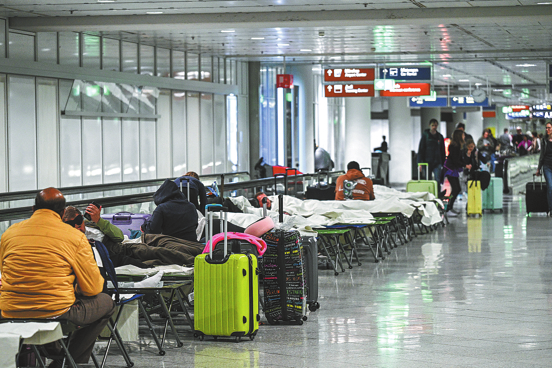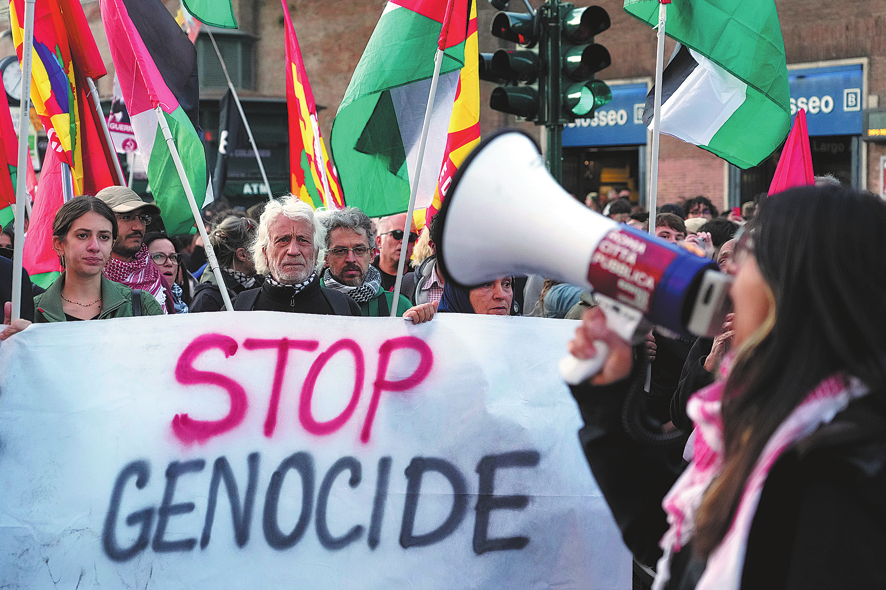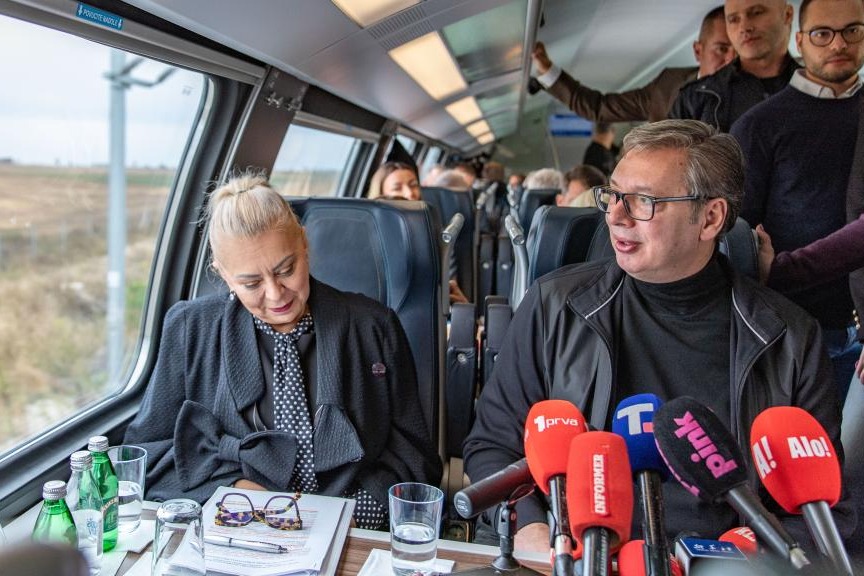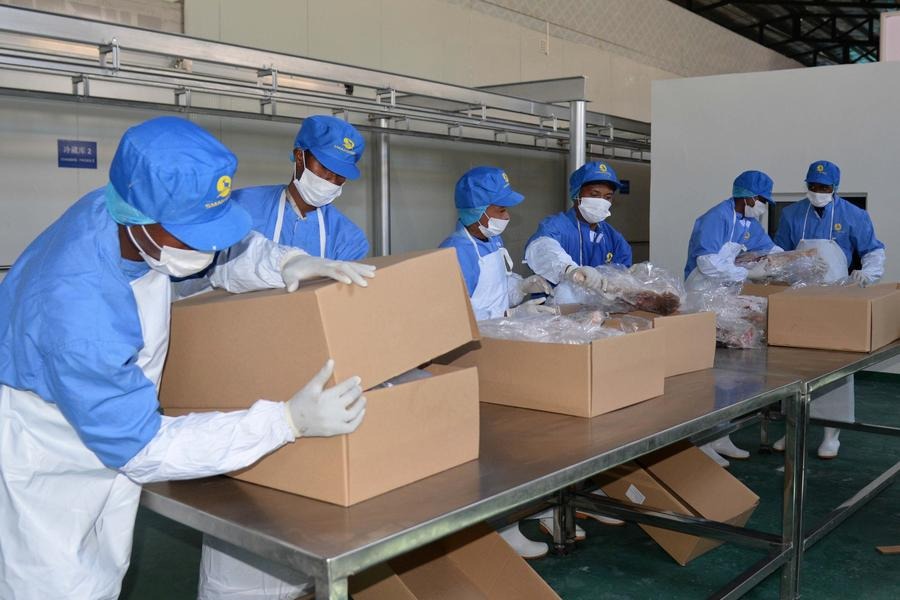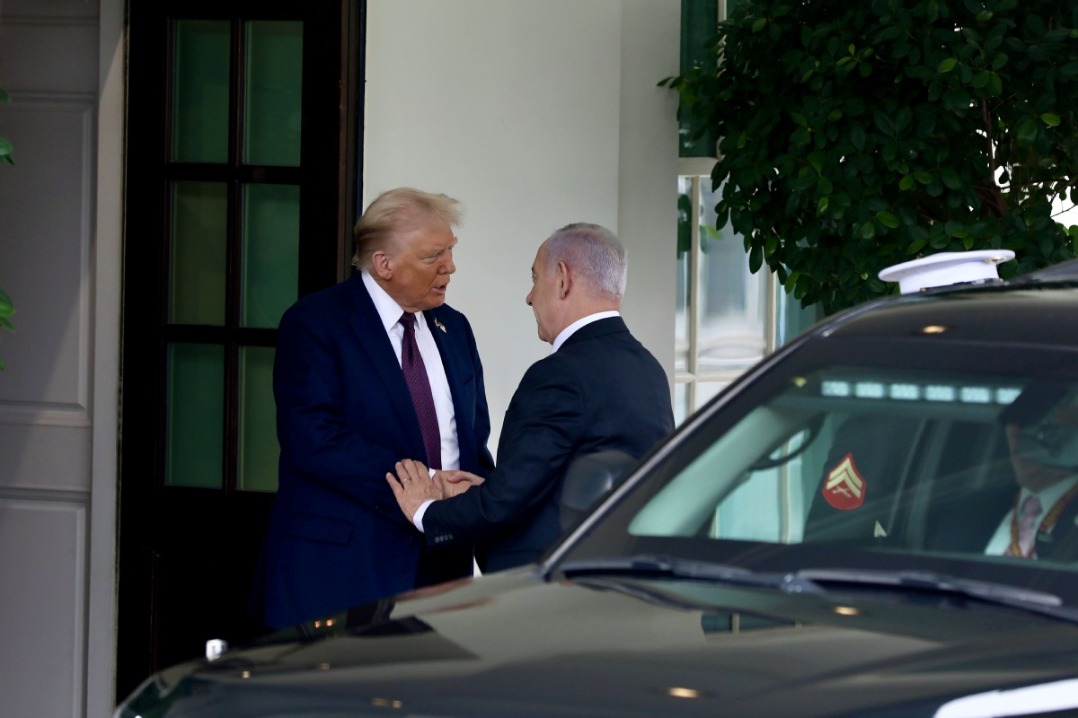ASEAN Jakarta forum participants stress need for popular empowerment


It is high time the Association of Southeast Asian Nations brought the bloc closer to its people, empowering them as well as serving as a platform for intraregional government cooperation, a two-day forum in Jakarta has heard.
ASEAN Secretary-General Kao Kim Hourn, addressing the ASEAN for the Peoples Conference 2025 in Jakarta, said that today, more than ever, the association must empower its citizens to dynamically shape their own futures.
"No matter how ambitious our roadmaps or how lofty our decorations, ASEAN succeeds only if our people feel secure, prosper and see their lives improve," Kao said.
Kao said the peoples of ASEAN are both the means and the end of its project, and the organization exists for them and with them in their endeavors in the political and security, economic, and sociocultural fields.
ASEAN currently has 10 member states - Brunei, Indonesia, Cambodia, Laos, Malaysia, Myanmar, the Philippines, Singapore, Thailand and Vietnam - with Timor-Leste set to be admitted as its 11th member at the bloc's 47th summit later this month.
In the 58 years of its existence, ASEAN has worked to maintain political and security stability in the region, as well as promoting economic progress. Yet some speakers at the Jakarta conference noted that the 2005 ASEAN Charter, the organization's first governing document, began with "We, the people".
"After five decades of integration, many citizens still ask why ASEAN is still felt to be distant and why people-to-people connectivity is difficult to advance," Piti Srisangnam, executive director of the ASEAN Foundation, said on Saturday.
Piti called for investment in cross-cultural education to increase mutual understanding between the peoples of ASEAN member states. He said his foundation is carrying out programs that enable young people from ASEAN countries to connect with each other, with the support of Huawei, the world's leading global provider of information and communications technology.
Foreign Policy Community of Indonesia (FPCI) founder and chairman Dino Patti Djalal said people are ASEAN's greatest resource and that getting citizens in the region to believe in the association will require "political will and strategy".
"It will require resources, it will require efforts and it will require consistency," Dino, Indonesia's former deputy foreign minister and one-time ambassador to the United States, added, stressing the urgency of maintaining a "ground-up" approach in support of the top-down strategy for maintaining the effectiveness of ASEAN.
While organizers hope that the Jakarta conference will become a routine flagship event for a people-centered ASEAN community, Dino said they envisioned creating a large independent database of ASEAN civil society organizations (CSOs) that will allow them to connect with one another.
Indonesia alone has 600,000 CSOs, according to government figures, compared with 310,000 in the Philippines, 270,000 in Malaysia and 70,000 in Vietnam. The majority of these organizations are small-scale and underfunded.
Marty Natalegawa, former Indonesian foreign minister, said that most people talk about ASEAN centrality as a geopolitical issue and in terms of the association maintaining its relevance.
"In my view, that ultimate centrality is about ASEAN's relevance to its own people," Natalegawa said during the forum's panel discussion.
Nguyen Anh Tuan, senior lecturer at the Faculty of International Economics, Diplomatic Academy of Vietnam, said special efforts must be made to promote economic connectivity between the peoples of ASEAN countries, keeping pace with the political and security advances made by the regional bloc.
He added that the ASEAN Economic Community envisions the bloc as a single market and production base that facilitates the flow of goods, services, investment and capital.
Melinda Martinus, lead researcher at the ISEAS-Yusof Ishak Institute, mentioned two clusters that also require more serious attention from ASEAN governments and peoples - the mobility of migrant workers and the mobility of professional workers within the region.
She said migrant and professional workers, such as architects and nurses from ASEAN countries, face fragmented visa requirements for working in another country in the region, while tourist mobility within ASEAN has been more progressive.
Mohd Faiz Abdullah, chairman of the Institute of Strategic & International Studies Malaysia, views a "centralized ASEAN" as "cohesiveness, doing things together, saying things together" to reach a common objective.
He said the "consensus" principle long upheld by ASEAN could result in leaders of the bloc making less clear statements, but such consensus could also help them keep things from getting out of control.
Caroline A. Yong, director of administration at the ASEAN Youth Advocates Network, Brunei Darussalam, said the forum was crucially important for ASEAN to realize its objectives.
"We come to conferences like this to catch that dream of ASEAN and hopefully we will be the people to carry them out on the ground and then collaborate with each other," she told China Daily on the sidelines of the conference.
Sarah Lois Dorai, a film director from Malaysia, said connecting ASEAN with people requires a ground-up effort.
"We must have something to work towards, and conferences like this is where we can meet with ASEAN thought leaders and professionals and then catch the ASEAN dream," she told China Daily.
More than 3,000 people from ASEAN countries attended the forum, which concluded on Sunday, including leaders and representatives of civil society organizations, academics, business organizations, arts communities and youth groups. More than half of those participants were young people.
Organized by the FPCI and themed "Harnessing Southeast Asia's Greatest Resource", the forum aimed to realize a "People-Centered ASEAN".
The writer is a freelance journalist for China Daily.
















